- Industries
- Solutions
- About SEKISUI S-LEC
- Downloads
- Contact Us
- What’s NEW
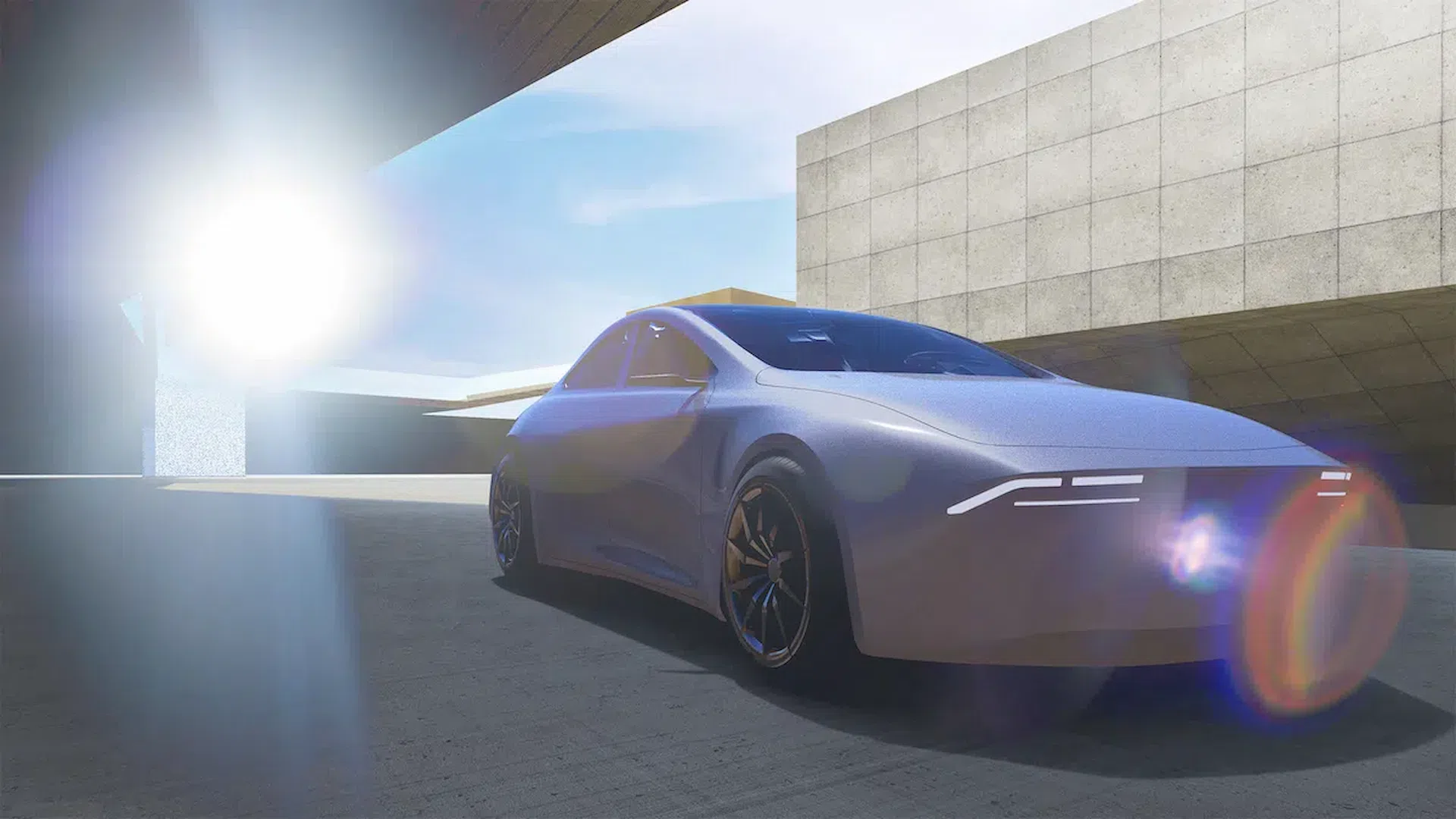
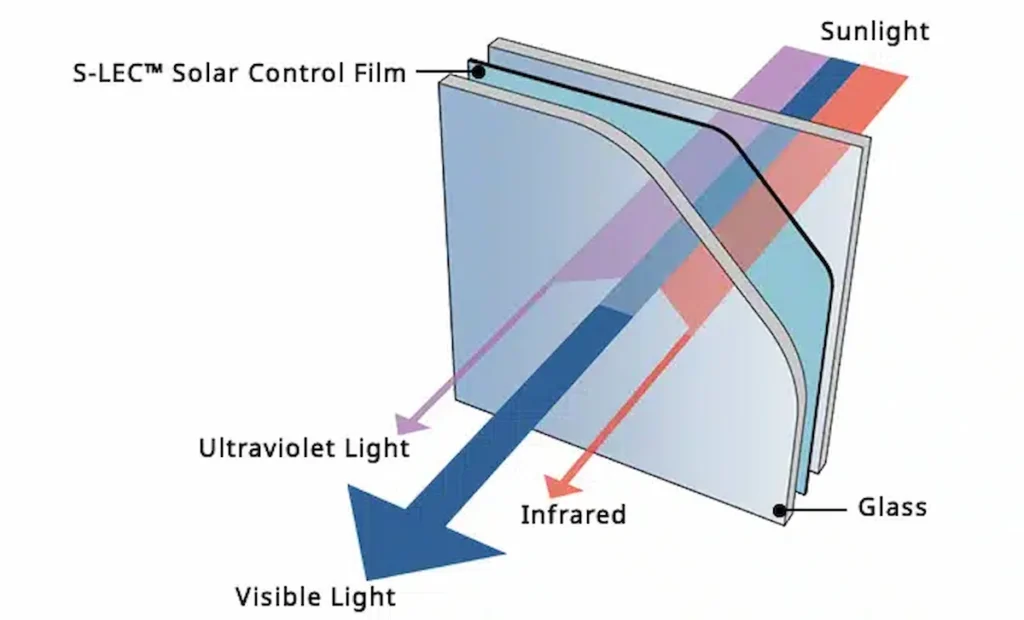
Feeling the heat inside your vehicle, often intensified by sunlight, is mainly due to infrared rays (IR). Despite being invisible, these rays significantly contribute to discomfort during drives.
S-LEC™ Solar Control Film contains IR-cutting particles in the PVB interlayer film. It absorbs and blocks these rays, making your journey more pleasant and protecting your skin from harmful UV radiation.
Beyond comfort, SEKISUI S-LEC contributes to energy efficiency by reducing the need for excessive air conditioning usage in hot weather conditions. With over 5 million new vehicles adopting this technology annually*, its popularity continues to soar.
In addition to enhancing solar performance for transparent parts like windshields and side windows, we offer tailored solar solutions for privacy glazing applications to meet the customers’ specific needs and preferences.
* SEKISUI S-LEC estimation
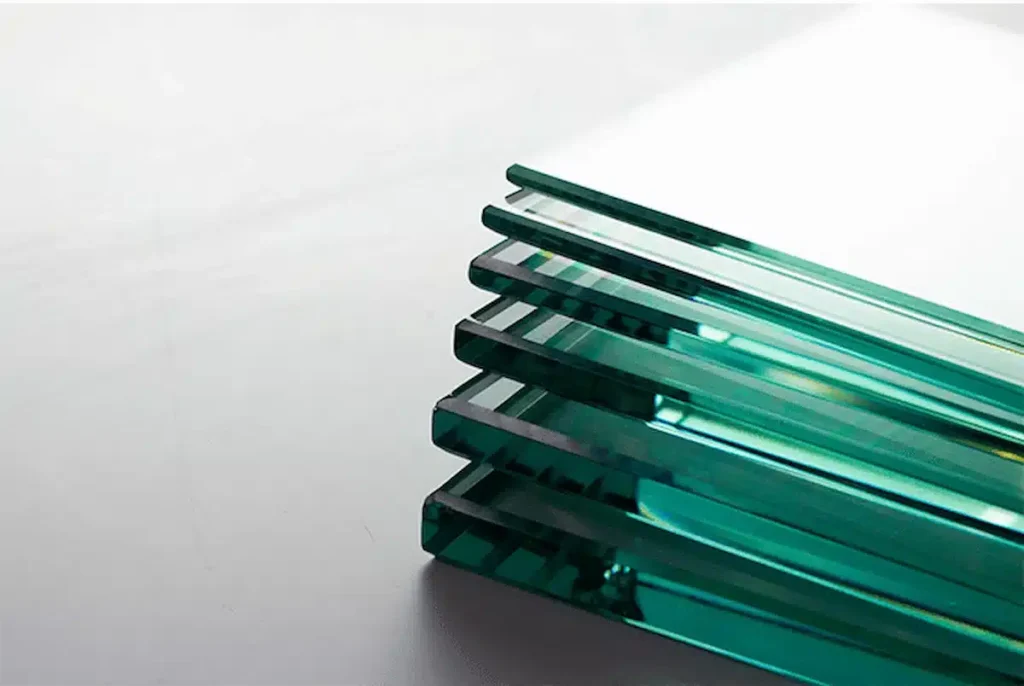
For automotive glass, green glass that has a certain level of heat-shielding characteristics is commonly used. There are various types of green glass with different visible light transmittance and heat shielding properties worldwide. The glass type and thickness often differ depending on the required performance and parts of the vehicle that use glass, such as the windshield and side windows.
Depending on the glass type, thickness, and required heat-shielding performance, S-LEC™ Solar Control Film offers three grades to reach the optimum performance for automotive glass while maintaining visible light transmittance (Tvis)* of 70% or higher, which is the minimum requirement for windshields by the automotive standard.
* Lower Visible Light Transmittance (Tvis) is also possible for privacy glazing applications
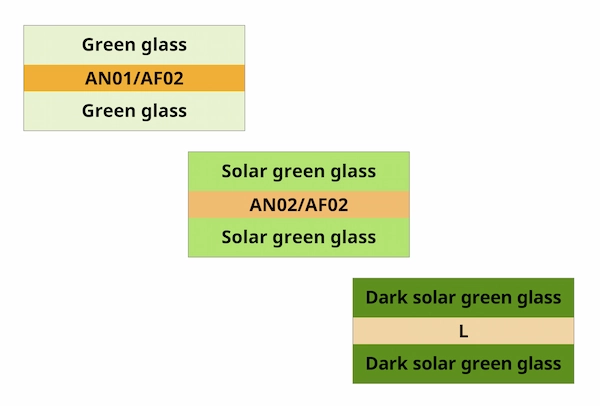
SEKISUI S-LEC has developed four types of solar grades S-LEC ™ Solar Control Film: L, AN02, AN01 and AF02. We can achieve optimal solar control performance by combining the solar grade with the required characteristics and glass combination. In addition, we can develop customized grades on request.
In general, thinner, dark solar green glass achieves good solar performance in combination with grade L, while AN02 and AF02 perform better in combination with solar green glass with an intermediate thickness. AN01 performs best in combination with thinner green glass.
Contact us today to get in touch with our experts for a tailored recommendation for the best S-LEC™ Solar Control Film-glass combination tailored to your specific needs and preferences.
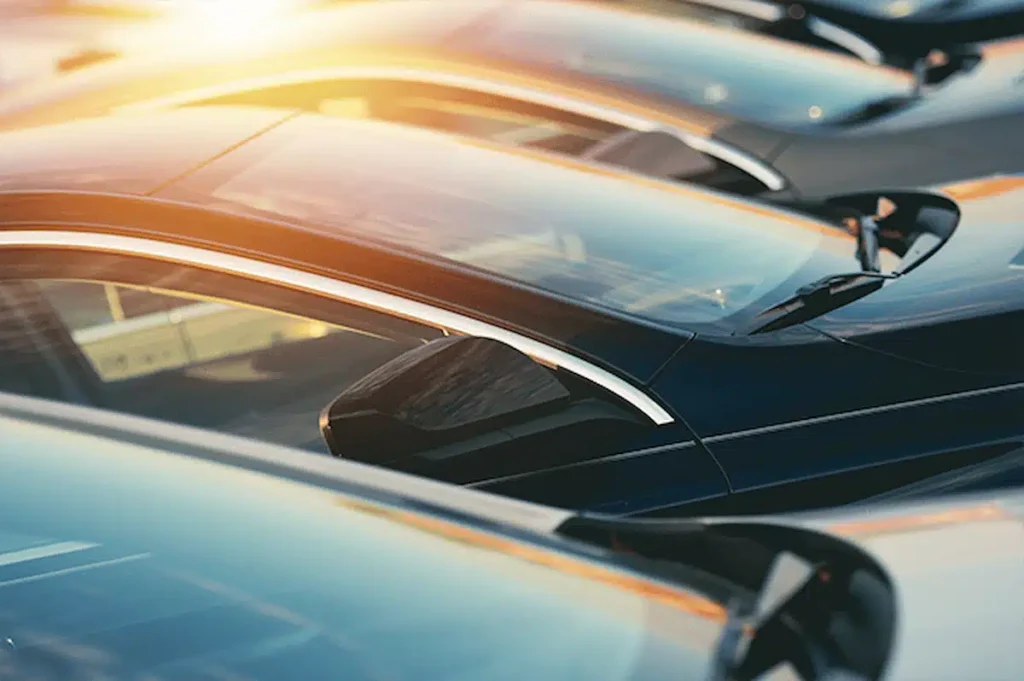
SEKISUI S-LEC has conducted several vehicle tests comparing various types of standard PVB film and S-LEC ™ Solar Control Film to study its benefits. S-LEC™ Solar Control Film blocks the sunlight entering the vehicle, improving thermal comfort and reducing the energy consumption of the air conditioner, which also contributes to extending the driving range for electric vehicles.
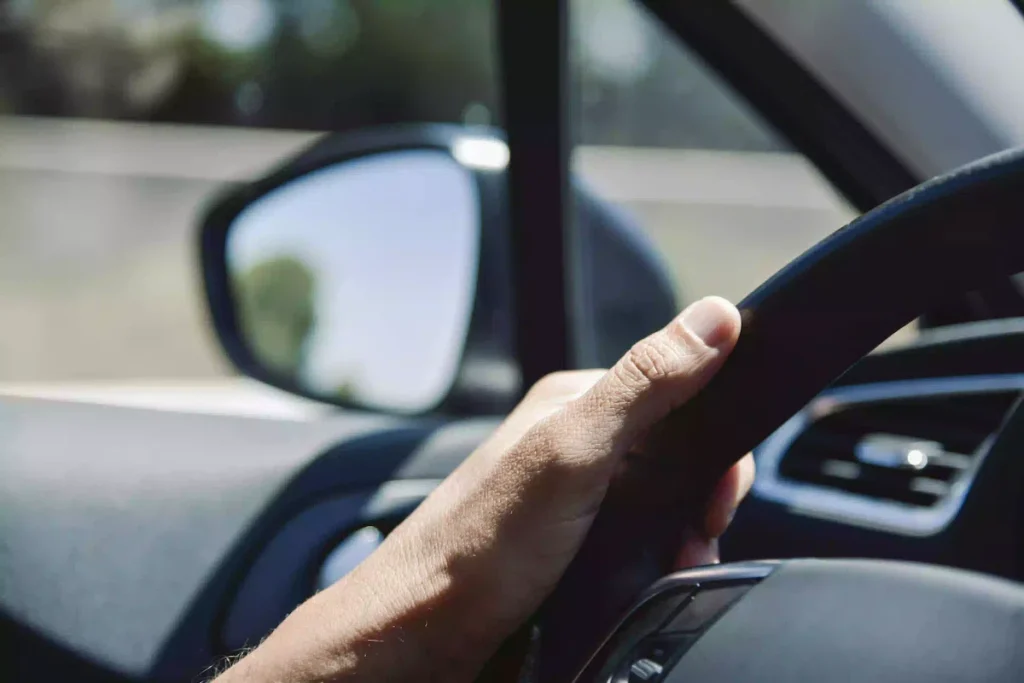
S-LEC™ Solar Control Film effectively reduces the temperature increase caused by sunlight, ensuring a comfortable temperature in the interior. Through vehicle testing comparing identical vehicles applied with a general and the other with S-LEC™ Solar Control Film L grade windshield, we could confirm that S-LEC™ Solar Control Film lowers the temperature by a maximum of 7°C.
S-LEC™ Solar Control Film efficiently cuts heat at 1550nm wavelengths of the spectrum where the human skin is most sensitive to heat. In our survey comparing the thermal comfort of general laminated glass and S-LEC™ Solar Control Film, 94% of respondents said that the heat reduction could be noticed significantly.
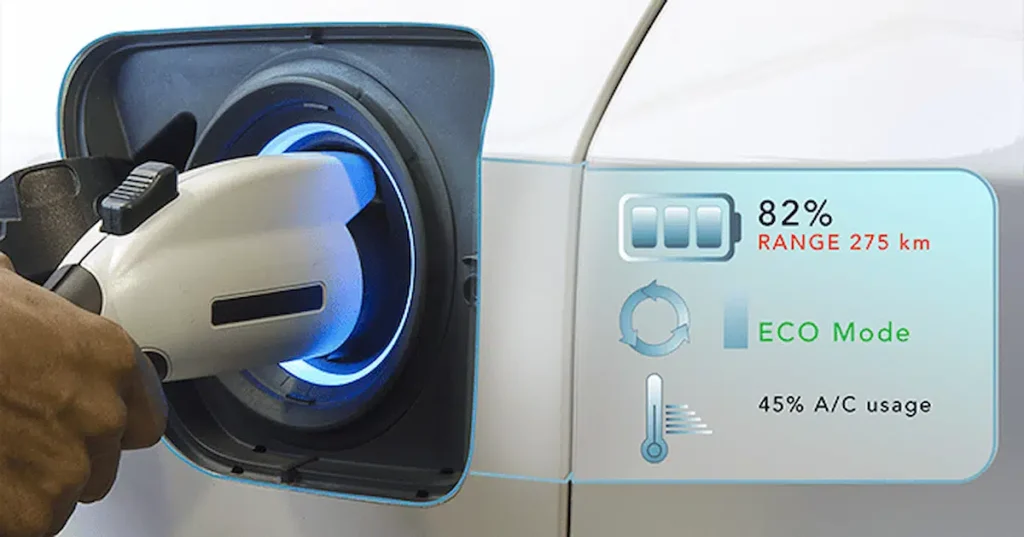
By reducing the temperature in the vehicle, S-LEC™ Solar Control Film can reduce the use of the air conditioner(AC). Based on vehicle test results, solar grade L can reduce the use of the AC by 20% in comparison to standard laminated glass. This saves on the use of the battery and can achieve an extension in the driving range by 1.6%.
Based on the vehicle test result for solar grade L, it is expected AN02 and AN01 will be able to save more energy.
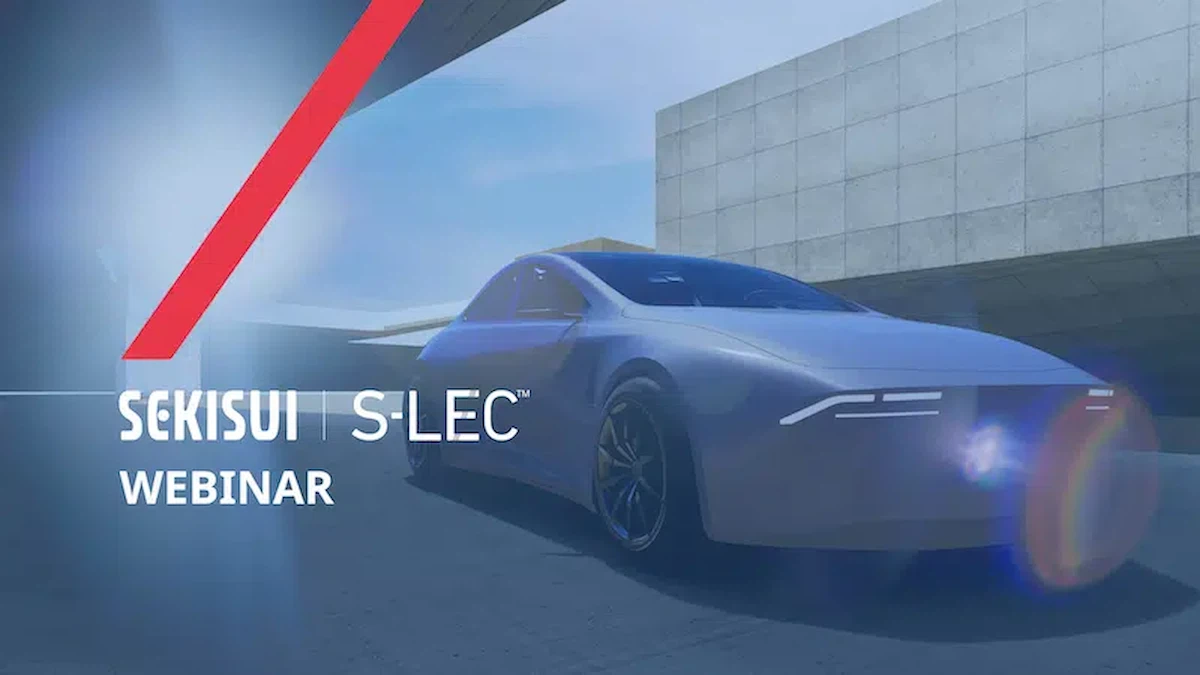
Learn all about the benefits.
View our on-demand Webinar to learn more about the S-LEC™ Solar Control Film lineups and the benefits for the vehicles and their occupants.
Contents